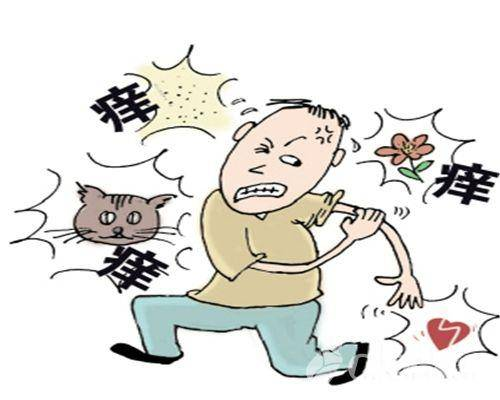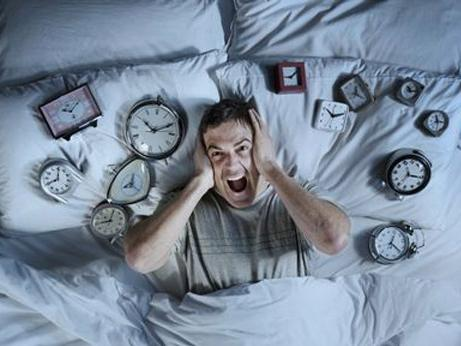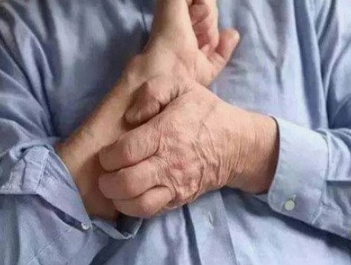The skin is good, but itch namely, how to do?

Itchy skin is a common skin symptom that can be seen by anyone of any age, but the condition is more common in older people. Senile pruritus refers to chronic skin pruritus that occurs in people over 65 years of age. This disease seriously affects people's life, social interaction and other aspects. Once suffering from this disease, it is troubled.
First, elderly skin itching symptoms
Most patients start with pruritus in the lower leg, and with the extension of time, the pruritus area can gradually expand. Some patients have limited pruritus areas, while others have extensive pruritus areas, which can involve the front chest, back, waist, thigh and upper limb.
The degree of itching varies from person to person, and the time of itching is not fixed. Itching at night is often more obvious, affecting sleep, and patients often fall into a vicious cycle of scratching and itching, and may even be unable to sleep all night.
The skin on the itchy area has no abnormal appearance, and sometimes there may be dry skin or small desquamation. If you scratch the skin repeatedly for a long time, there may be some secondary skin damage, such as scratches, scabs, secondary skin infections, skin thickening and lichenization.

Second, the etiology of elderly skin itching
1. Skin aging and dry skin: It is one of the main causes of itchy skin in the elderly. Especially in winter and spring, the air is relatively dry, the water on the skin surface evaporates excessively, and the oil secretion of the skin of the elderly is reduced, which leads to the reduction of the water content in the skin, the weakening of the skin repair function and barrier function, and the sensitivity to various external stimuli.
2. Mental and psychological factors: some patients are accompanied by tension, anxiety, hypochondriasis, neurosis and other mental and psychological problems, and will produce excessive reactions to minor external stimuli, and can also appear skin itching.
3. Neurodegenerative changes: With the aging of the body, the level of pruritus mediators released by neurons increases, which induces neurological pruritus; Moreover, the elderly may have a painful nerve fiber afferent function defect, which weakens the inhibition of pruritus.
4. Suffering from other diseases: Elderly people with underlying diseases, such as diabetes, chronic kidney disease, chronic liver and bile diseases, blood diseases, malignant tumors, etc., can also cause skin itching symptoms.

Third, the treatment of elderly skin pruritus and precautions
1. Pay attention to skin moisturizing, avoid frequent bathing, avoid too hot bath water, avoid frequent use of alkaline soap, body wash, apply moisturizing cream after taking a bath.
2. Mental relaxation, avoid mental anxiety, tension, negative emotions, if necessary, you can seek guidance from a psychologist.
3. Wear soft, loose clothing to reduce local skin irritants.
4. Avoid severe scratching of the skin, can be treated in dermatology, prescribe symptomatic anti-itch drugs.
5. The dermatologist can evaluate the patient's condition according to the itching area, severity and previous underlying diseases, and prescribe corresponding drugs, such as topical anti-itch ointment and oral antihistamine drugs. Do not listen to the "folk recipe"; using Sichuan pepper water, chili water and other soaking, bathing, follow the doctor's professional guidance, it is possible to get rid of itching as soon as possible.
Contributed by: Dr. Liu Wei, The First Hospital of Jilin University
Reviewer: Li Shanshan, Chief physician, The First Hospital of Jilin University
(The opinions expressed are solely those of the author. Some pictures in this article are from the Internet, if there is infringement, please contact to delete)

